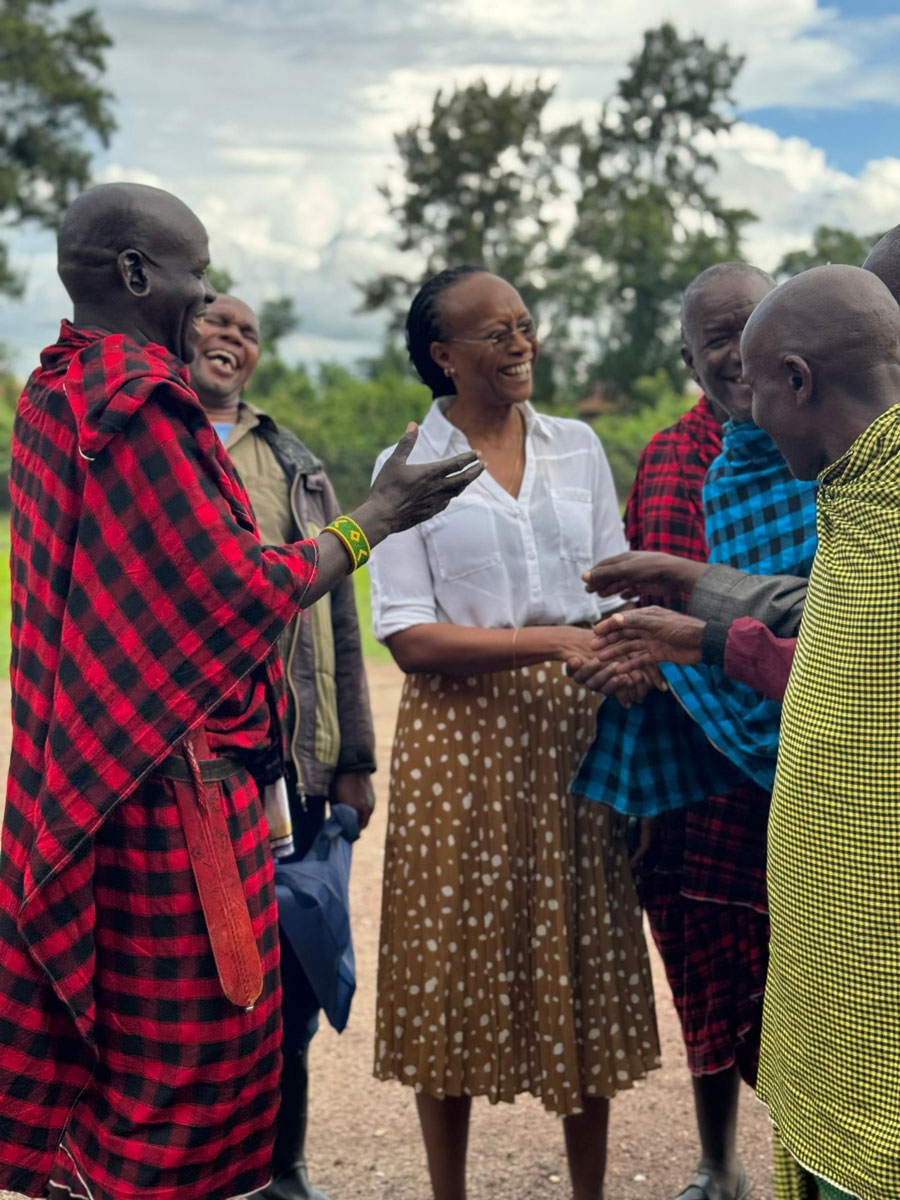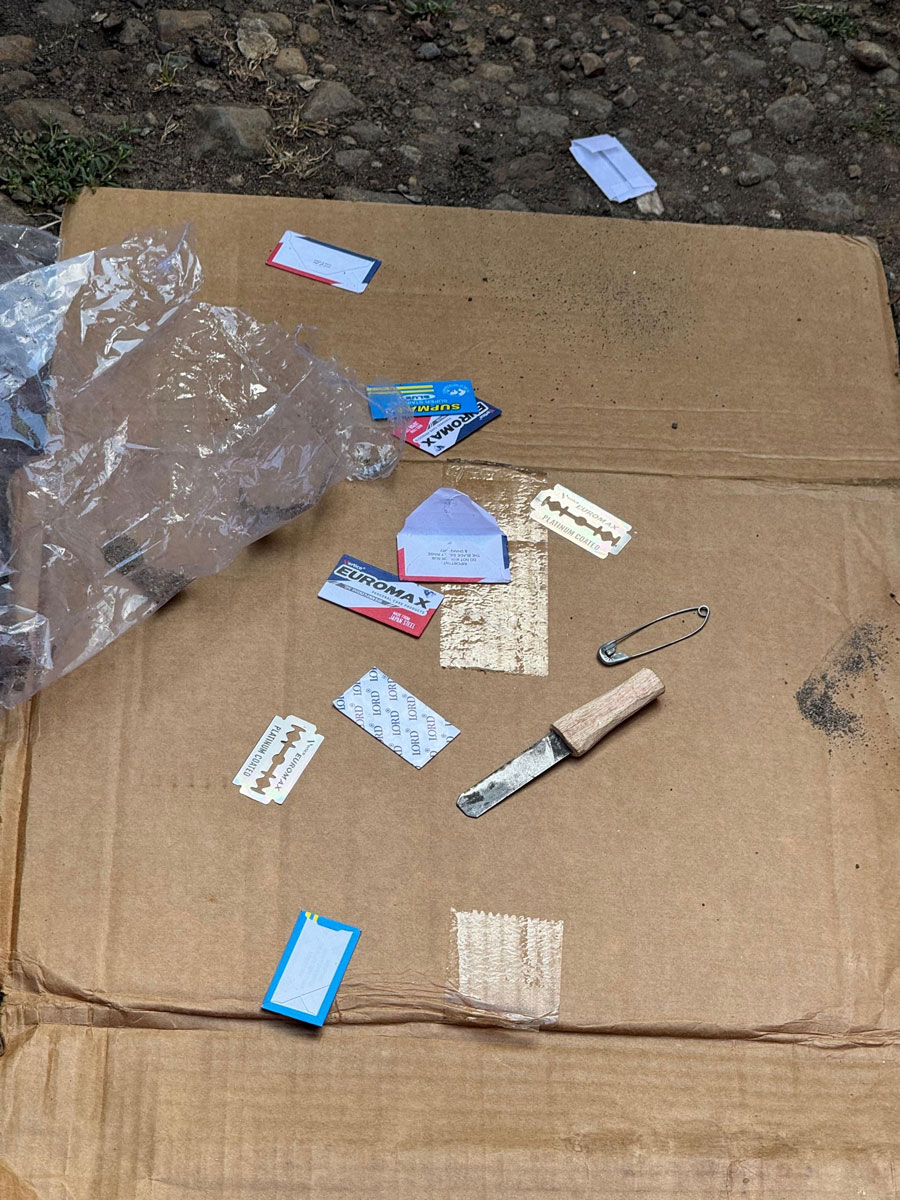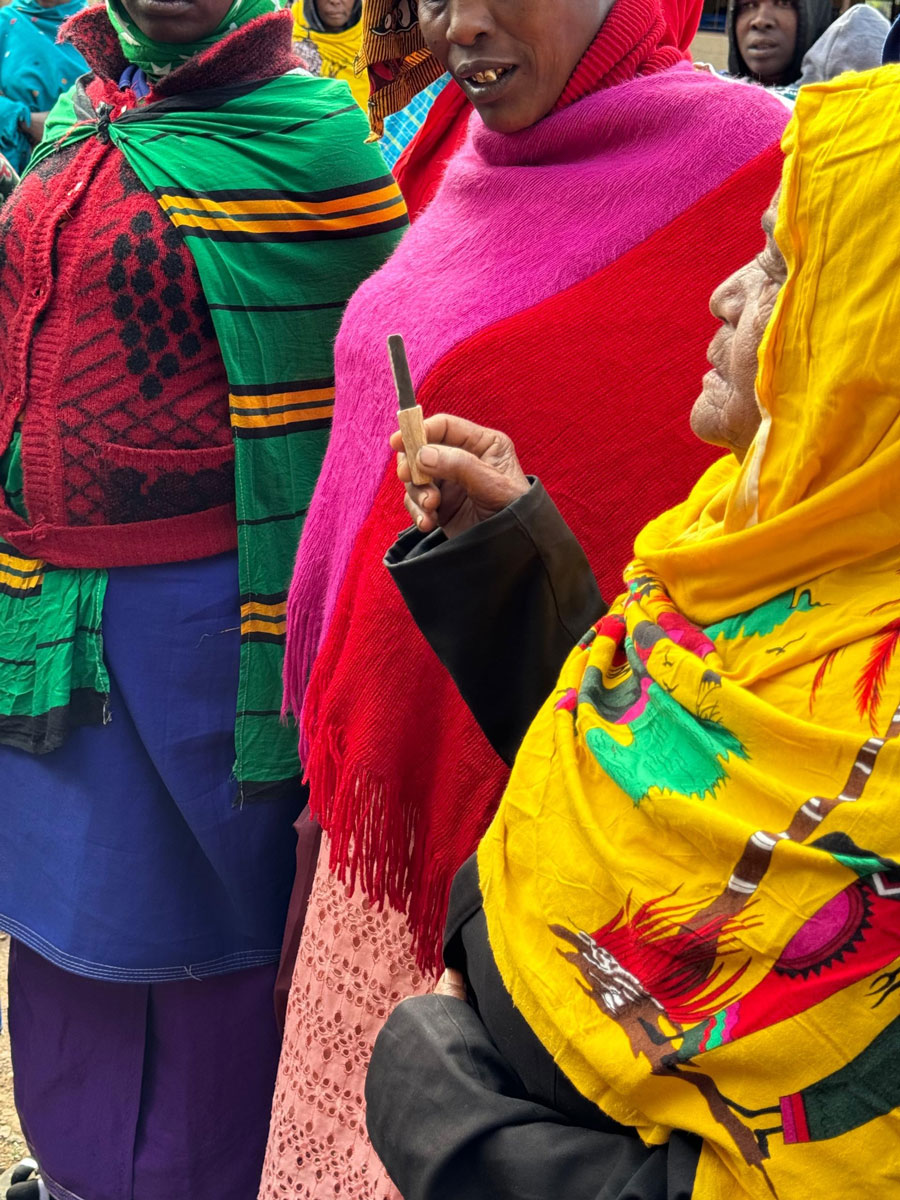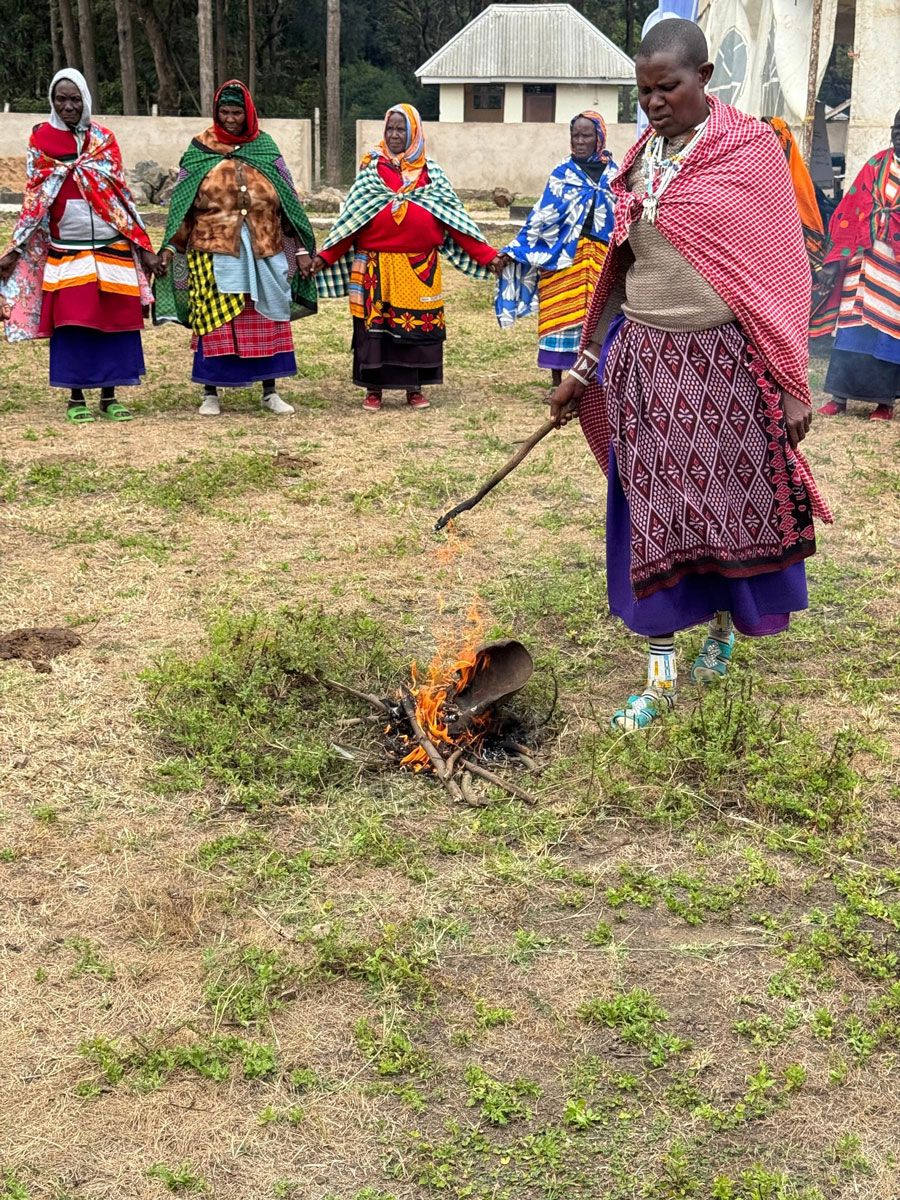Activism around the Body
Tanzania
Saying No To Female Genital Mutilation (FGM) and Child Marriages

Clan leaders from Maasai communities who are the champions for Change during the session
Traditional female circumcisers in the very conservative Maasai community in Tanzania have made a groundbreaking decision to abandon FGM, joining forces with community leaders to promote socio-economic empowerment for women and girls. This shift confronts a deeply ingrained cultural practice that inflicts suffering and violates body rights and individual autonomy. Women face life-threatening rituals, often involving older circumcisers using crude knives to mutilate their womanhood in the belief that the practice enhances a girl’s bride price.
Women like Esther Joseph, Sabina Laizer, Susana Lekake, and Theresia Kaange are at the forefront of this movement, leading a group of 160 former circumcisers known as “engamuratani”. Susana Lekake reflects, "We practiced female circumcision because it was part of our culture and an economic activity. The FNF project changed our beliefs about FGM and our view of life, uplifting our economic status by showing us alternative livelihoods." With support from the Friedrich Naumann Foundation, they (former circumcisers) have established 24 community microfinance groups, accumulating Tanzania Shillings 72,782,800 (€25,753.80), which has lifted their families out of poverty.


Tools that are used for the cut ready to be bunned as a way to accept change
The impact is palpable. These women are not just transforming their own lives; they are becoming beacons of hope for a more equitable and gender friendly future. The project has engaged 150 young people as catalysts for change, reaching 750 individuals to advocate for children's rights, access to education and promoting inclusive decision-making. Their efforts have sparked vital discussions on continuous education and male involvement, fostering a more inclusive society. Collaboration with Maasai clan leaders, known as Leguyanans, marks a significant stride in challenging established norms. A small business project involving 85 women formerly practicing FGM is empowering them to acquire new skills and establish alternative livelihoods, undermining gender norms and dismantling patriarchal structures.
In addition to addressing gender-based violence (GBV), the establishment of ward by-laws through local government creates a legal framework to combat harmful practices. The endorsement of these by-laws by clan leaders has played a crucial role in fostering progressive change. Approximately 1,275 girls are expected to be safe from FGM and forced marriages in the coming year. This collaborative approach resonates with community values; fostering a sense of ownership of culture change and shared responsibility, ensuring lasting impact and positive transformation as community members embrace the benefits of discontinuing regressive practices.

Women leader burning tools that were used for cut
Women’s rights
